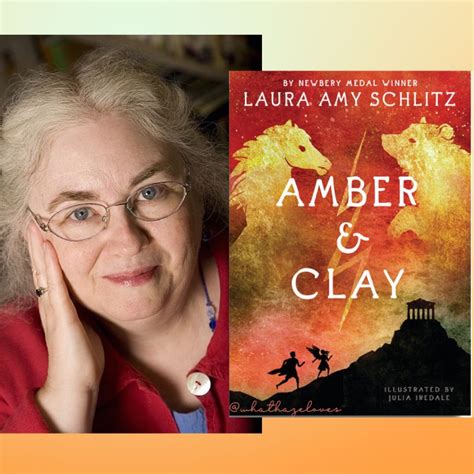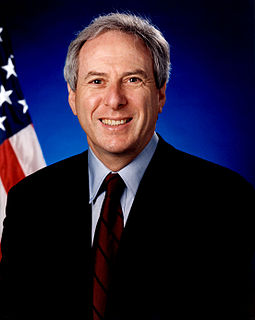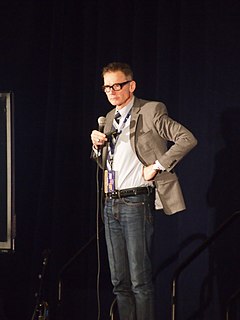A Quote by Robin Sloan
Print books have an amazing superpower because they don't disappear when you're done with them. Books on the shelf remind you that they exist.
Related Quotes
The current publishing scene is extremely good for the big, popular books. They sell them brilliantly, market them and all that. It is not good for the little books. And really valuable books have been allowed to go out of print. In the old days, the publishers knew that these difficult books, the books that appeal only to a minority, were very productive in the long run. Because they're probably the books that will be read in the next generation.
Books can be passed around. They can be shared. A lot of people like seeing them in their houses. They are memories. People who don't understand books don't understand this. They learn from TV shows about organizing that you should get rid of the books that you aren't reading, but everyone who loves books believes the opposite. People who love books keep them around, like photos, to remind them of a great experience and so they can revisit and say, "Wow, this is a really great book."
I think of this a lot in the terms of books. Of course there's a big to-do culturally about e-books versus print books, sales models. The paradigm has changed but my perspective on it is that there's not going to be another paradigm to alight on because everything will continue to evolve so quickly that our brains won't be able to keep up with it.



































